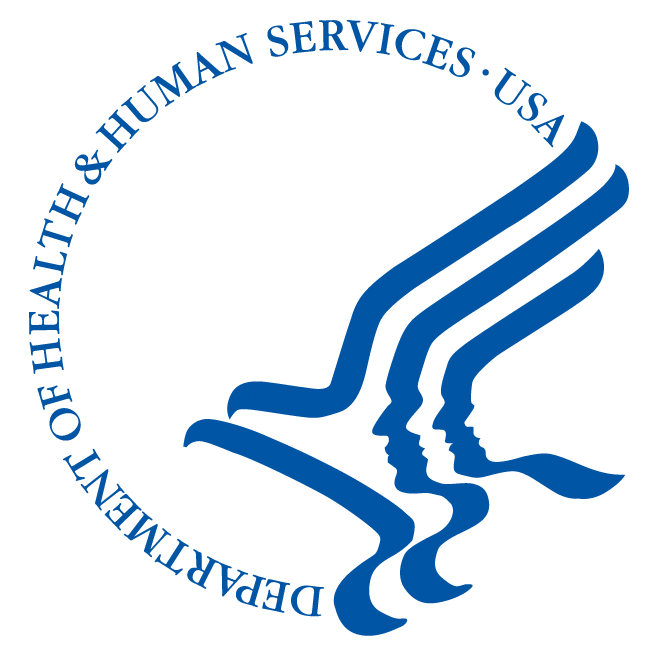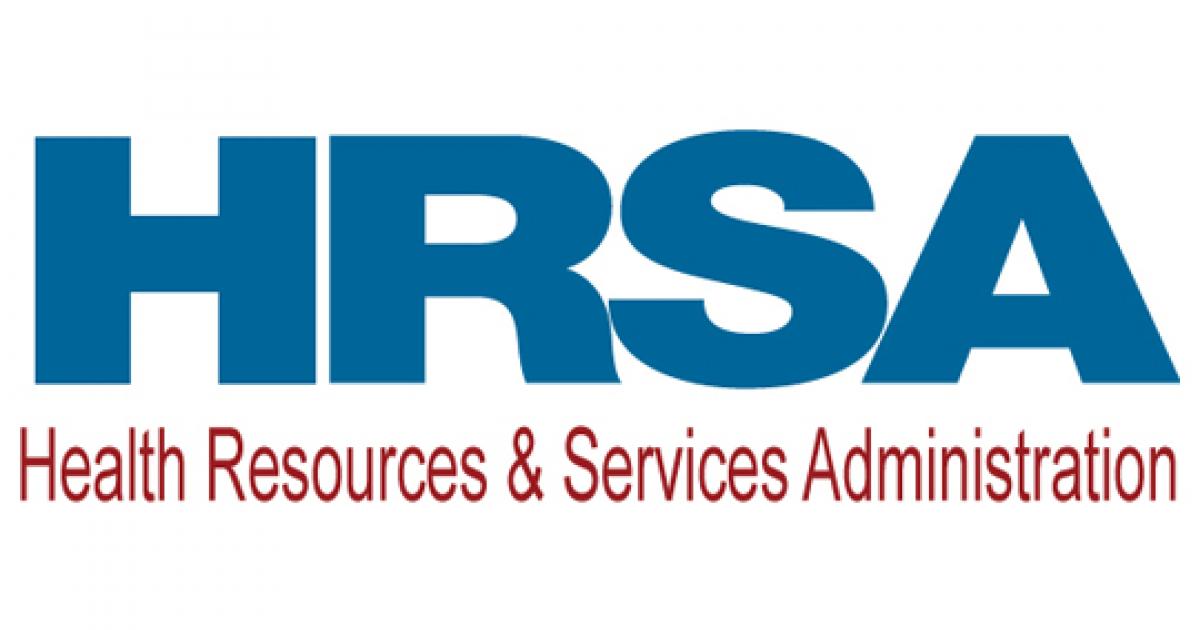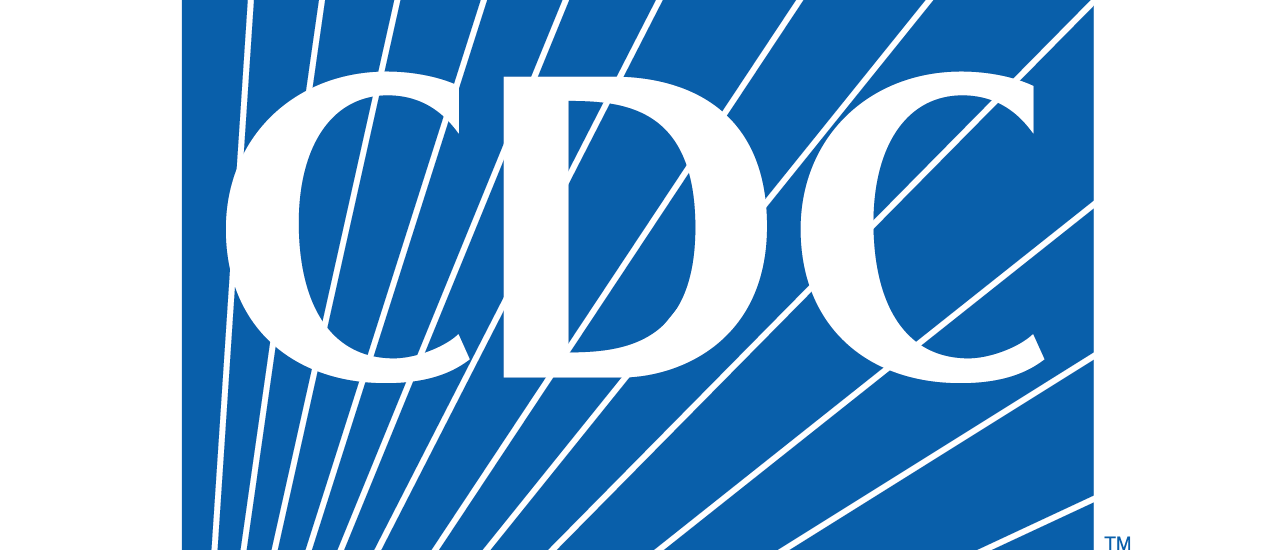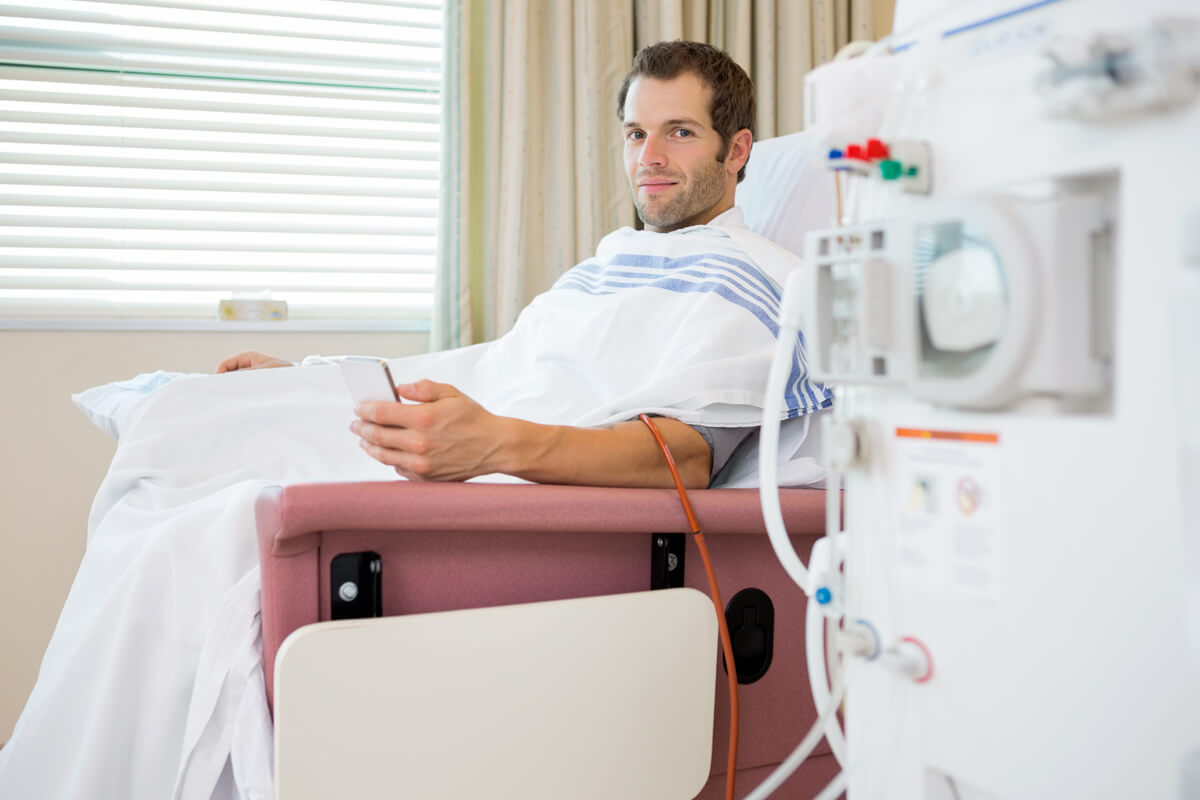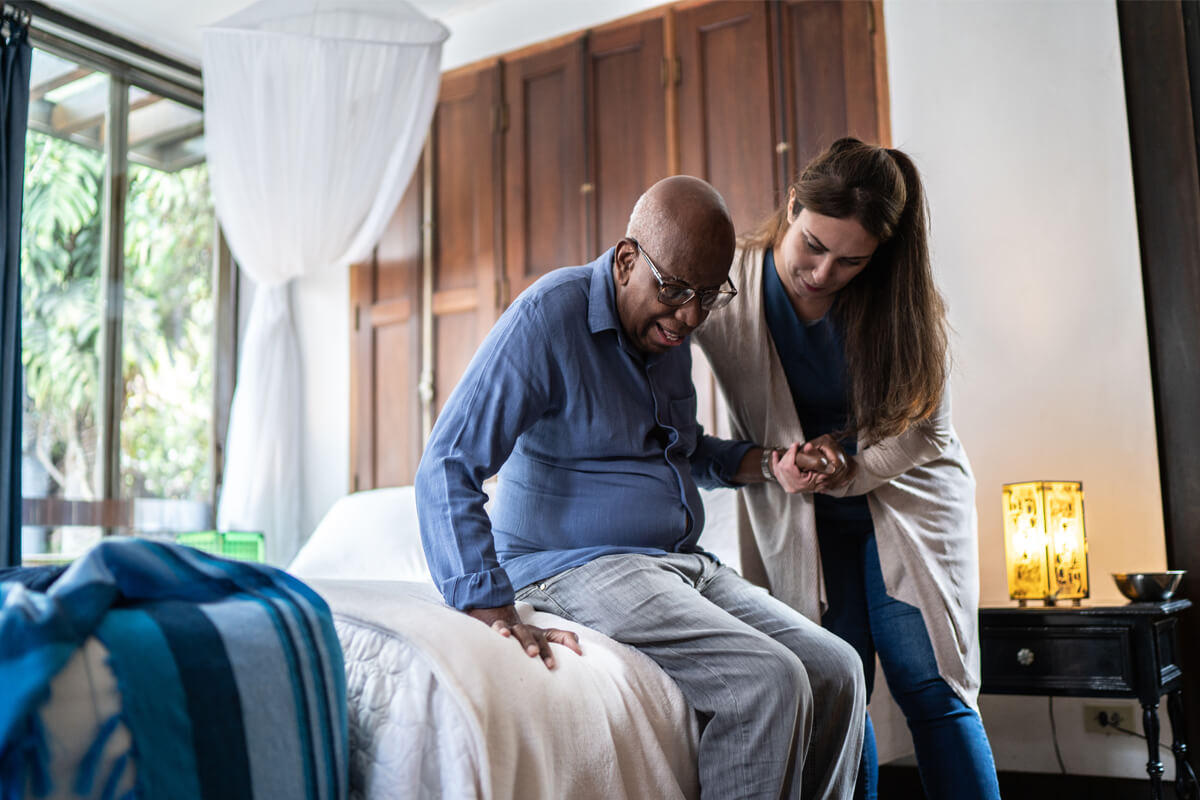Who we are
We are a dynamic team of 100+ interdisciplinary professionals including health services researchers, physicians, epidemiologists, biostatisticians, health economists, and data scientists. Together, we strive to revolutionize healthcare through our expertise, innovation, and dedication to our clients’ missions and the stakeholders they serve.
Unleashing innovation through our unique organizational structure
Arbor Research Collaborative for Health serves governmental, pharmaceutical, and private/foundation clients to illuminate new pathways in healthcare. As pioneers of data-driven insights, collaborative research endeavors, and evidence-based solutions, we are steadfast in our mission to ignite progress and advance patient-centric healthcare. To effectively meet the needs of our diverse client base, we feature a distinctive organizational structure. Our wholly-owned subsidiary and certified small business, Arbor Research, LLC, enables us to compete for small business set-aside government contracts, while having access to the extensive resources and proven track record of our parent non-profit organization. The symbiotic relationship is further fortified by our joint focus on health outcomes research, empowering us to shape policies, catalyze transformative healthcare investments, and champion positive change in patient outcomes.
Success stories
By correlating practices and outcomes globally, our DOPPS program identifies best practices and modifiable characteristics that enhance the health and well-being of patients with kidney disease.
Our collaboration with the Health Resources and Services Administration (HRSA) National Living Donor Assistance Center (NLDAC) is bringing immeasurable impact and renewed hope to those in need.
Discover how Arbor Research illuminated the path toward ensuring personalized, effective, and patient-centered care for Medicare and Medicaid patients in their own homes.

